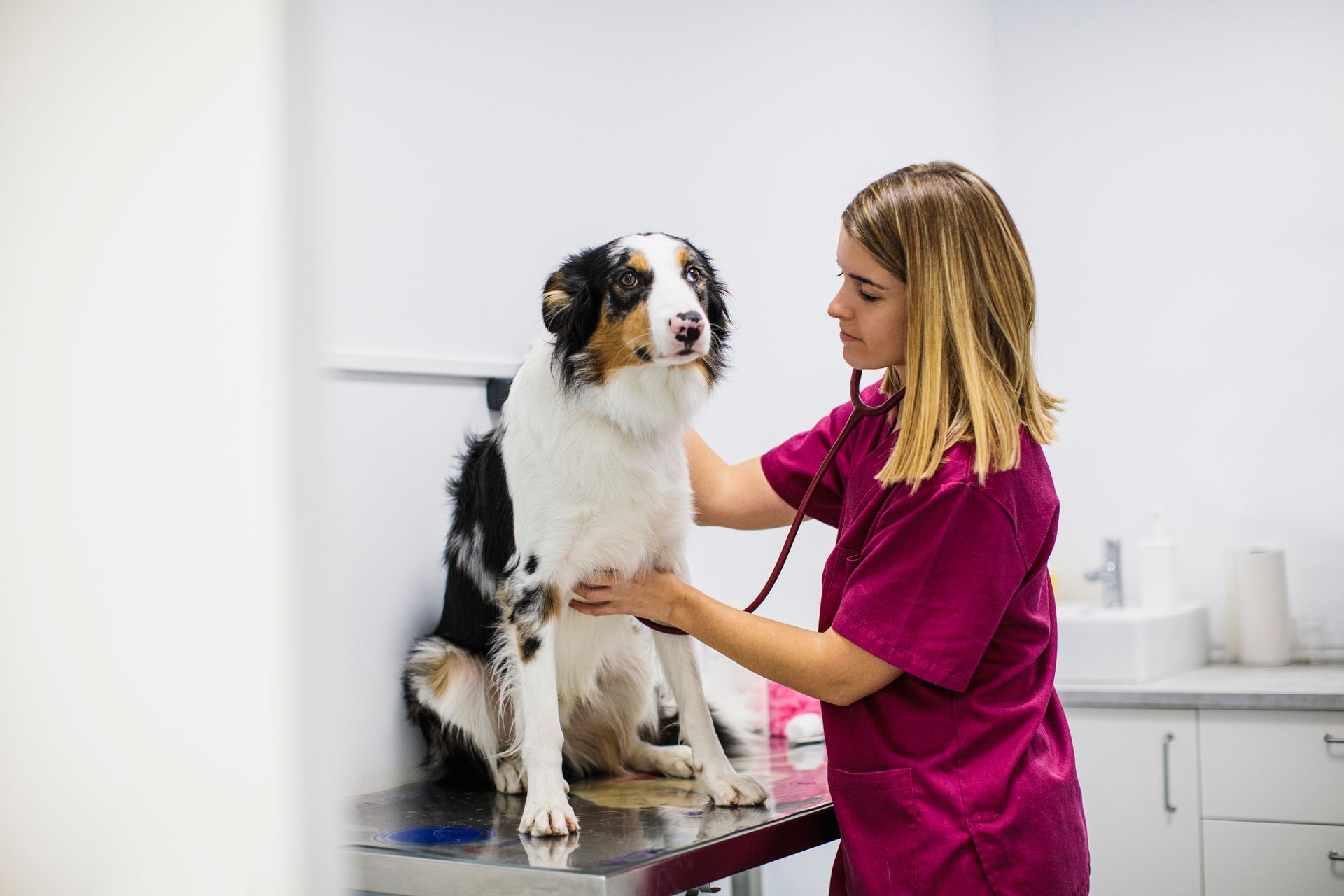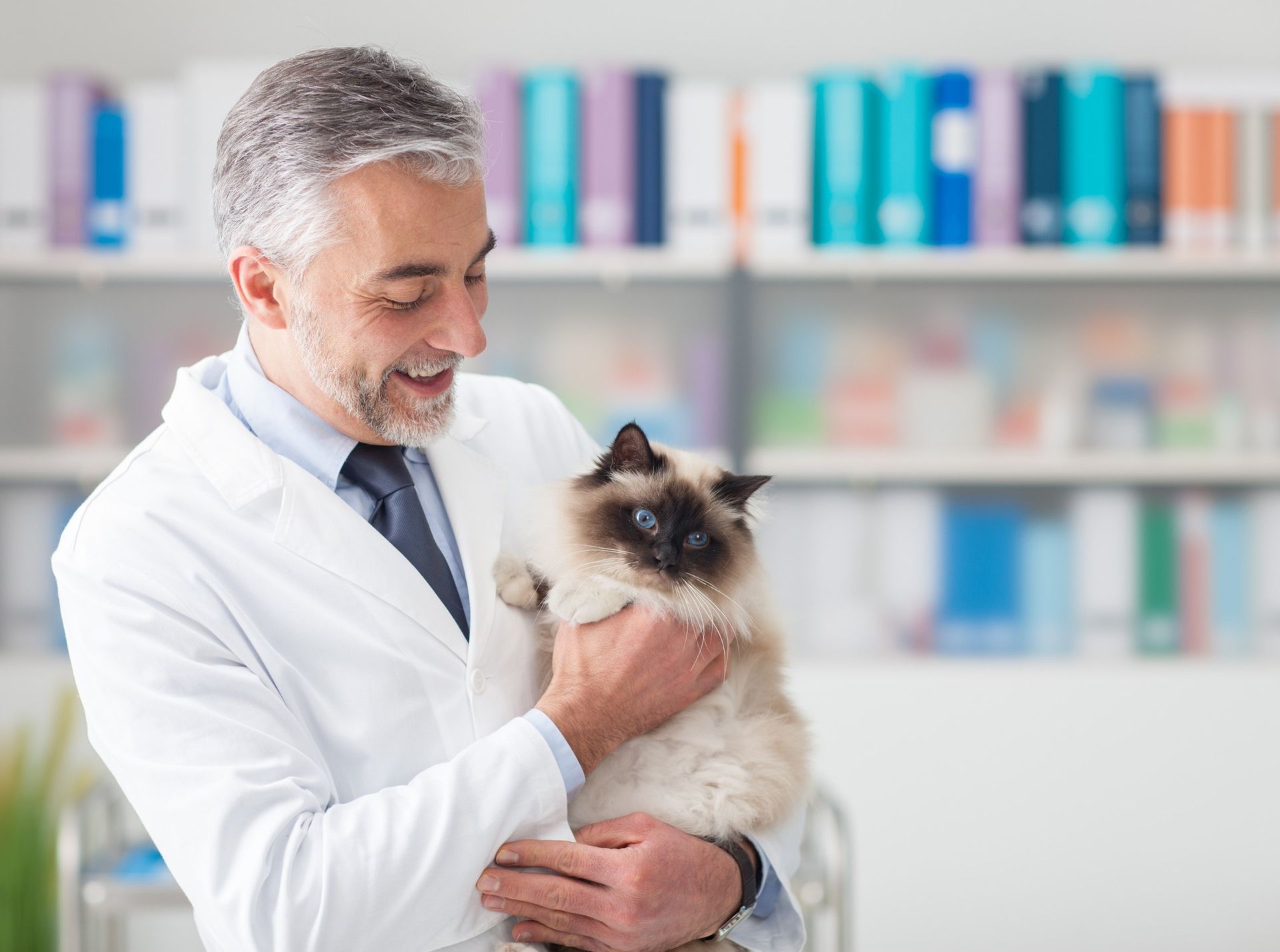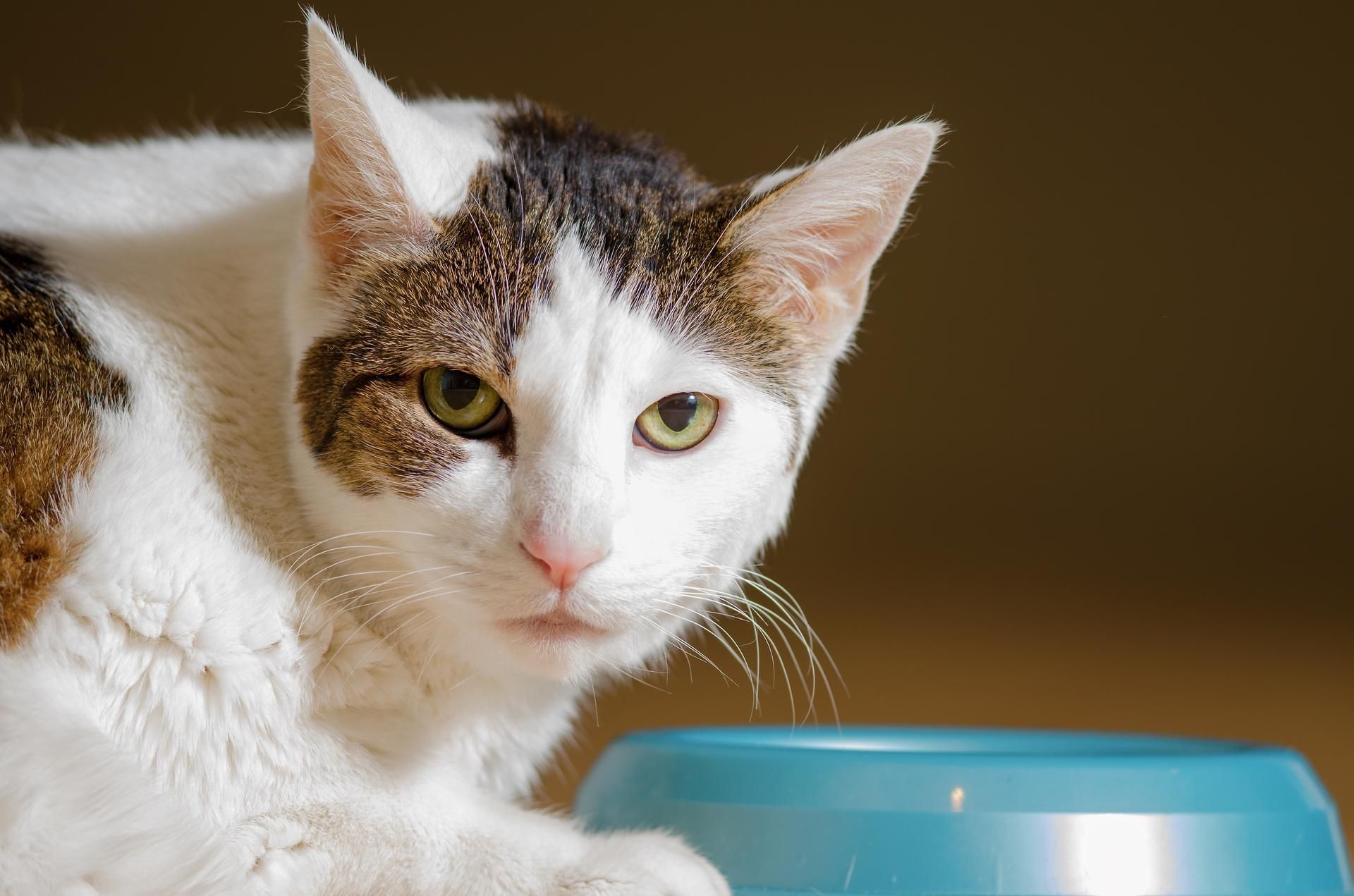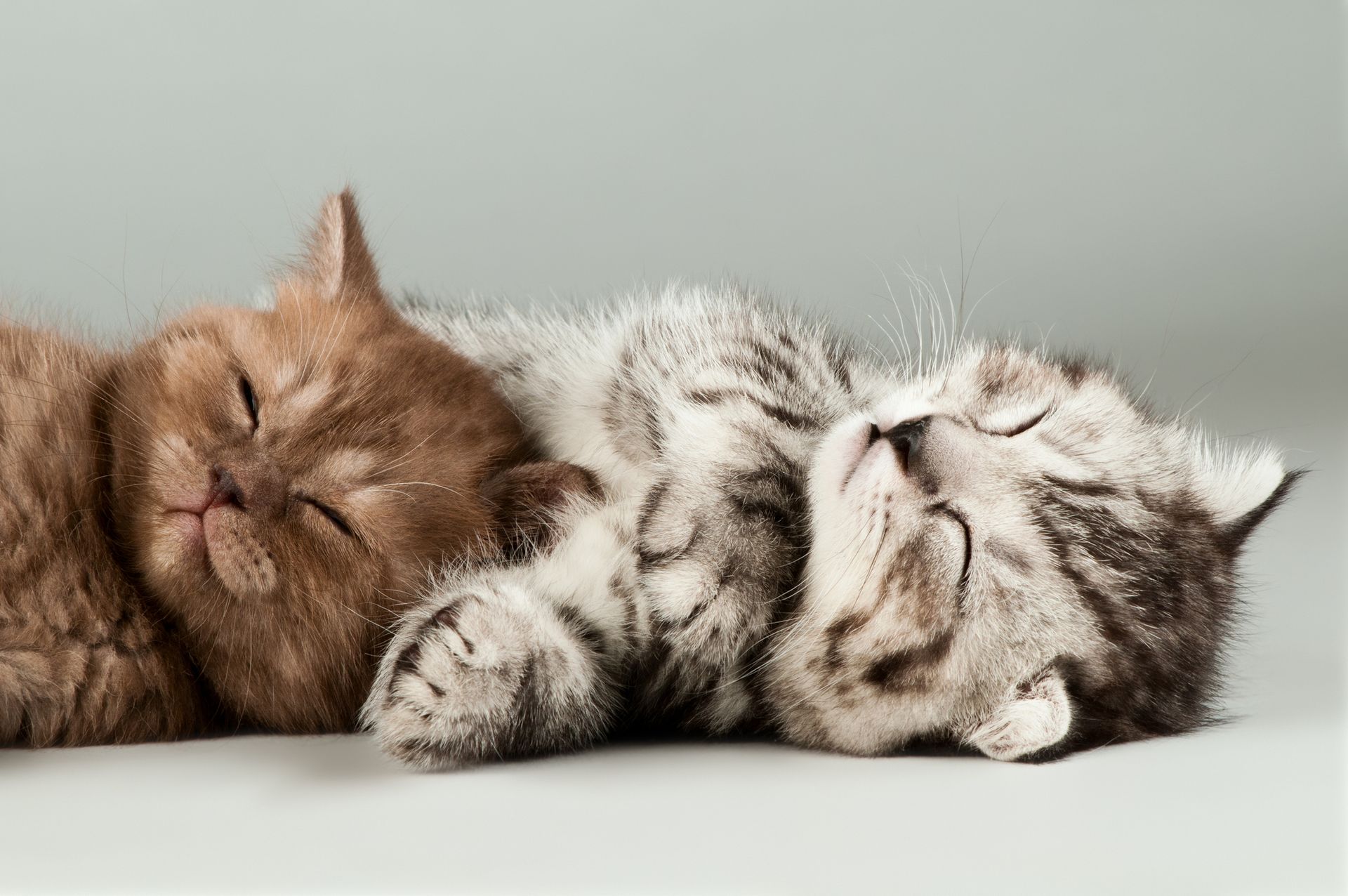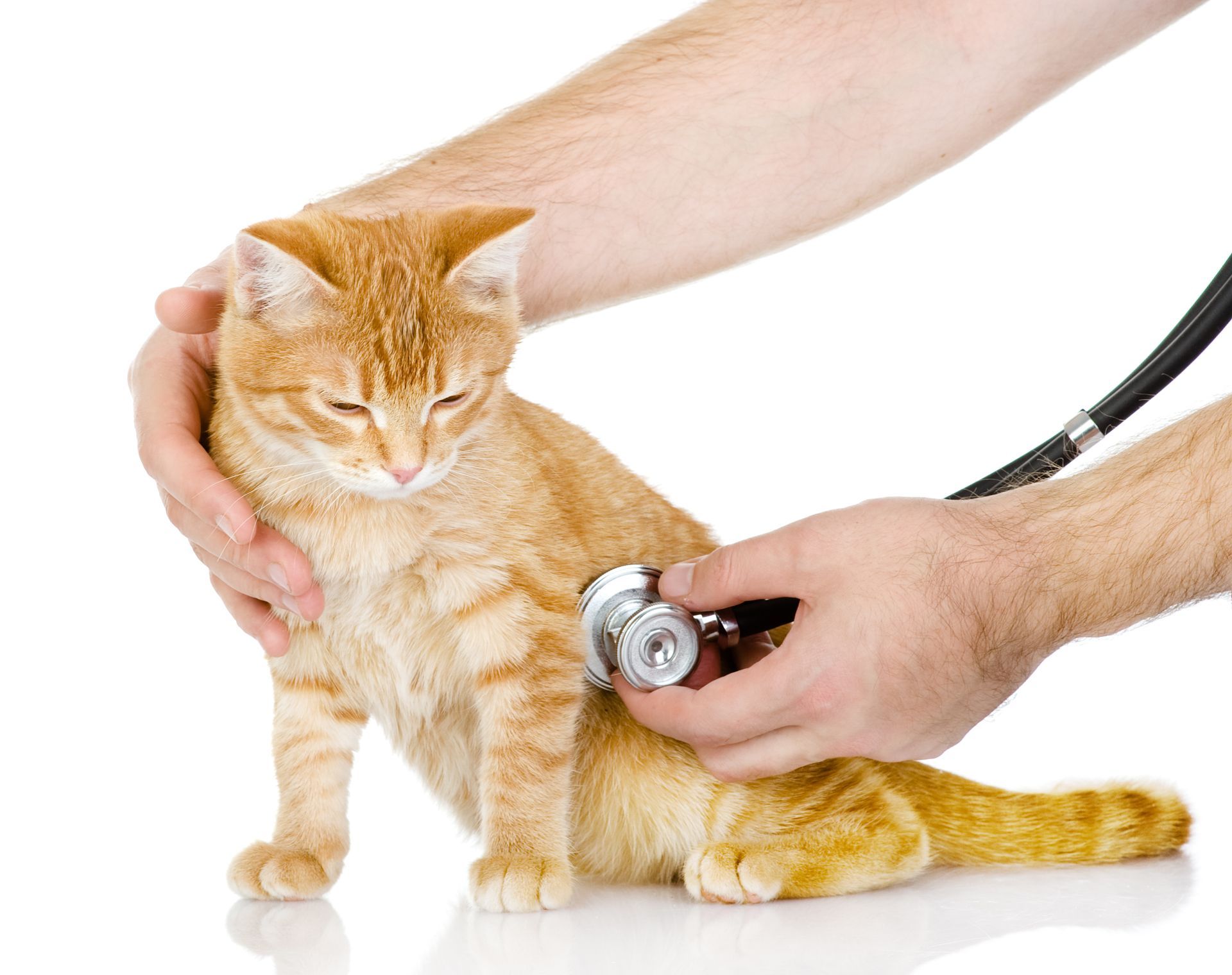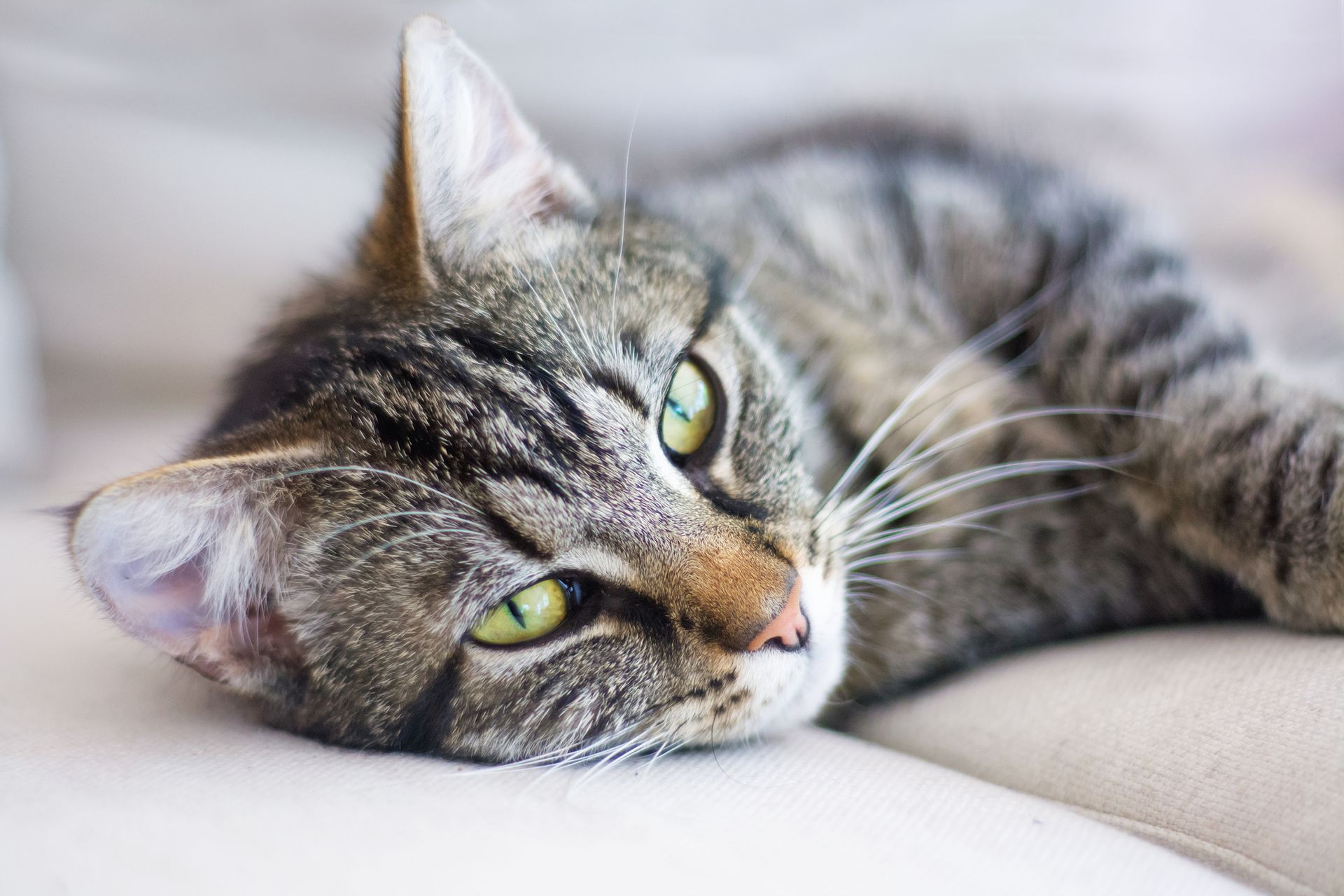Frequently Asked Questions About Lick Granuloma in Cats
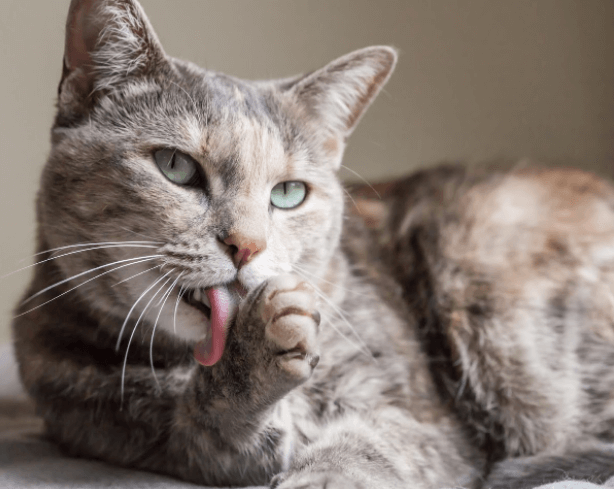
You may have noticed that cats spend a great deal of time licking themselves. Felines commonly engage in this behavior as part of their grooming instinct, with their rough tongues removing dead skin cells and other debris. Licking can also help cool the skin on hot days and give cats a pleasurable experience in general.
Unfortunately, constant, abnormal licking or chewing of the skin can result in a skin condition known as lick granuloma (or acral lick dermatitis). As a caring cat owner, you'll want to understand and recognize this problem so you can pursue any necessary veterinary care. Consider the answers to these frequently asked questions.
Why Might Your Cat Lick Itself Obsessively?
Cats normally lick themselves to clean their fur and skin, to soothe discomfort from superficial injuries, or simply to enjoy the sensation of their barb-like tongues stimulating their skin. A nagging fungal condition, bacterial infection, or allergic reaction may compel a cat to lick the affected area obsessively.
The discomfort that promotes obsessive licking may originate beneath the skin. Your cat may lick a particular area of its body in response to acute issues such as fractures or chronic pain conditions such as degenerative disc disease. Blocked anal glands can also cause pain and inflammation that triggers the licking instinct.
Psychological or emotional problems can cause otherwise-healthy cats to lick themselves obsessively. These problems can range from simple boredom to stress surrounding a change in the household routine. These influences may cause a cat to lick itself until it develops lick granuloma.
What Symptoms Point to a Lick Granuloma Problem?
Lick granuloma typically creates a rough, reddened, or ulcerated patch of skin at the site of the obsessive licking. You'll find this kind of lesion particularly easy to see if your cat has also managed to lick the hair off of the area, leaving a bald patch.
The most common trouble areas for lick granuloma in cats include the heel, the rear side of the ankle, and the spaces between the toes, although you may also see the telltale lesions and bald spots elsewhere. Broken skin may cause a lesion to bleed and make it vulnerable to secondary bacterial infections.
How Do Veterinarians Diagnose and Treat Lick Granuloma?
Veterinarians employ a combination of diagnostic techniques to confirm a case of lick granuloma and determine its origins. Skin scrapings and allergy tests can reveal irritants that may have led to the condition. Other laboratory tests can reveal or discount other possible causes such as thyroid disease or cancer.
The first step in treating lick granuloma involves protecting the damaged skin. Your veterinarian may recommend bandages or even neck collars to discourage your cat from further licking or chewing. Your cat may also benefit from medications such as antibiotics, antifungal drugs, or antihistamines.
If your cat's lick granuloma issues seem to have emotional or behavioral origins, your veterinarian will recommend steps to remove sources of stress or anxiety in your cat's life. For instance, if you recently adopted an additional cat, you may need to provide separate living spaces for each animal until they get used to each other.
In some cats, a systemic mood disorder may lead to lick granuloma issues. If your veterinarian diagnoses your cat with chronic depression, anxiety, or obsessive-compulsive disorder, your cat may benefit from medications that stabilize the brain's biochemical balance.
How Can You Reduce Your Cat's Risk for Lick Granuloma?
While owners can't always prevent their cats from experiencing lick granuloma, certain smart measures may reduce the risk of its occurrence or recurrence. Ask your veterinarian about strategies such as hypoallergenic diets, pest preventatives, and practices that can help you keep your cat feeling emotionally secure.
If your cat has developed lick granuloma,
schedule an appointment at Angel Pet Hospital. Our veterinary team can evaluate the problem, treat a lesion or lesions, and provide whatever long-term recommendations your cat may need.


